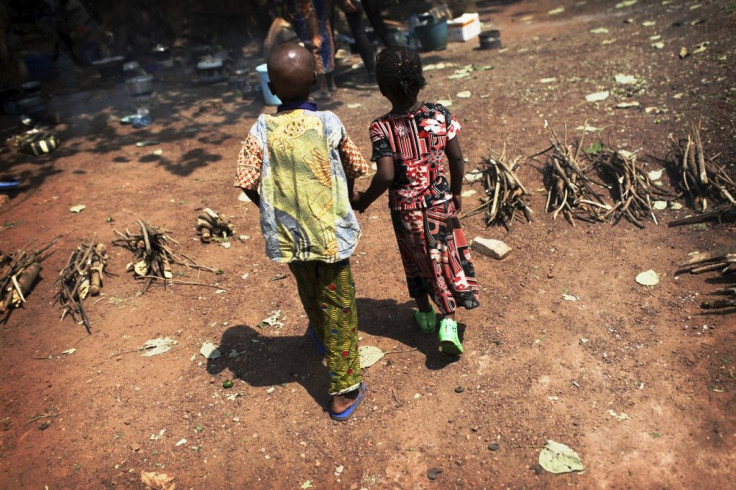Conflict Zone Children At Risk Of Toxic Stress, Stunted Brain Development, Unicef Warns

About 87 million children under the age of seven have spent their lives in conflict zones affecting their brain development, Unicef said Thursday. One in 11 children aged six or younger has spent the most critical period of brain development growing up in conflict, the agency added.
These children are also at the risk of toxic stress — a condition that hampers brain cell connections — affecting their cognitive, social and physical development.
“Conflict robs children of their safety, family and friends, play and routine,” Pia Britto, Unicef Chief of Early Childhood Development, said in a statement. “Yet these are all elements of childhood that give children the best possible chance of developing fully and learning effectively, enabling them to contribute to their economies and societies, and building strong and safe communities when they reach adulthood.”
According to Unicef, a child is born with 253 million functioning neurons and during the first seven years of life, their brain has the potential to activate 1,000 more every second. Each of these brain cells has the potential to connect to another 10,000 neurons, thousands of times per second.
“That is why we need to invest more to provide children and caregivers with critical supplies and services including learning materials, psychosocial support, and safe, child-friendly spaces that can help restore a sense of childhood in the midst of conflict,” Britto said.
Unicef said in another report in January that nearly 24 million children living in crisis zones in 22 countries affected by conflict are out of school. According to the analysis, one in four of the 109.2 million children of primary and lower secondary school age living in conflict areas are missing out on their education.
“Children living in countries affected by conflict have lost their homes, family members, friends, safety, and routine,” Jo Bourne, Unicef Chief of Education, said in a statement. “Now, unable to learn even the basic reading and writing skills, they are at risk of losing their futures and missing out on the opportunity to contribute to their economies and societies when they reach adulthood.”
© Copyright IBTimes 2024. All rights reserved.












